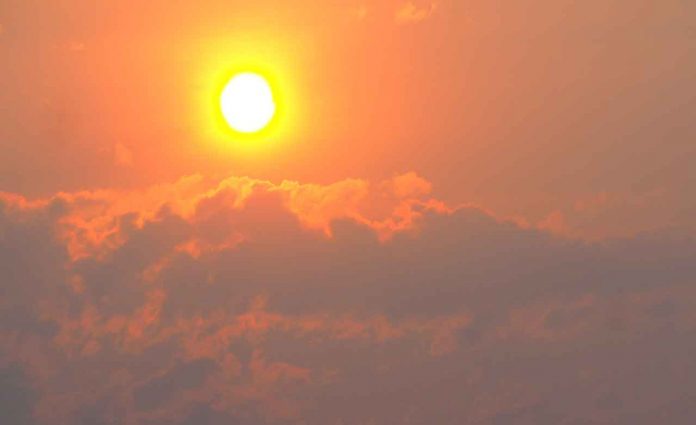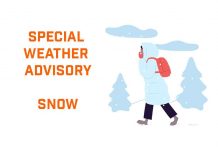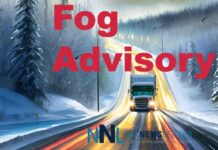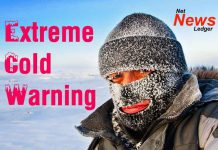Weather Advisory: High Levels of Air Pollution from Forest Fire Smoke
DRYDEN – WEATHER – Air Quality Alerts continue for Dryden, Vermilion Bay, Ignace, Armstrong / Whitesand, Pickle Lake, Cat Lake, Summer Beaver, Sandy Lake, Deer Lake, Wunnumin Lake, Kingfisher Lake, Sioux Lookout and Savant Lake.
Protecting Health from Wildfire Smoke
High levels of air pollution have emerged due to the presence of smoke from forest fires in northwestern Ontario. This smoke has significantly diminished air quality in the affected areas.
Health Risks of Wildfire Smoke
Even at low concentrations, wildfire smoke can pose health risks to individuals. It is crucial for everyone to take action and minimize their exposure to this hazardous smoke.
Vulnerable Populations at Higher Risk
People with pre-existing lung diseases (such as asthma) or heart diseases, older adults, children, pregnant individuals, and those who work outdoors are particularly vulnerable to the health effects of wildfire smoke. It is advisable to consult with a healthcare provider to develop a comprehensive management plan for dealing with wildfire smoke events. Additionally, ensure an ample supply of necessary medications at home and carry them with you at all times during the wildfire season.
Responding to Discomfort and Seeking Professional Help
If you or someone under your care experiences breathing discomfort or feelings of illness, it is recommended to reduce or halt physical activity. Reach out to your healthcare provider or local health authority for advice or if severe symptoms develop.
Monitoring Air Quality and Symptoms
Regularly check the Air Quality Health Index (AQHI) and closely monitor your symptoms. It is important to recognize that individuals may respond differently to smoke exposure. Mild irritation and discomfort are common but usually subside once the smoke clears. Staying hydrated by consuming plenty of water can help the body cope with the effects of smoke.
Indoor Precautions
If your home is equipped with an HVAC system, use the highest rated MERV filter suitable for your system, ideally with a rating of 13 or higher. Keep the fan set to recirculate air constantly. Consider utilizing a portable High Efficiency Particulate Air (HEPA) air cleaner for additional protection. Ensure doors and windows remain closed if the indoor temperature is comfortable.
Seeking Clean Air and Protective Measures
Take breaks from the smoke by finding locations within your community where clean and cool air is accessible. If spending time outdoors becomes necessary, utilize a well-fitted respirator-type mask, such as a NIOSH certified N95 or equivalent respirator, to reduce exposure to fine particles in the smoke. However, note that respirators do not provide protection against the gases present in wildfire smoke. Pay attention to your body and decrease or cease activities if any symptoms arise.
Supporting Vulnerable Individuals
Remember to check on individuals under your care and others around you who may be more susceptible to the effects of smoke. Offer assistance and support as needed.
Reducing Indoor Air Pollution
To minimize indoor air pollution, avoid smoking or vaping indoors, burning incense and candles, frying foods, using wood stoves, and vacuuming. During pollution episodes, wipe and wet mop indoor surfaces to remove dust particles.
Mental Health Support
If you experience feelings of stress, anxiety, or depression due to the current situation, seek advice from your mental health care provider or visit https://www.wellnesstogether.ca/en-CA for additional resources and support.






